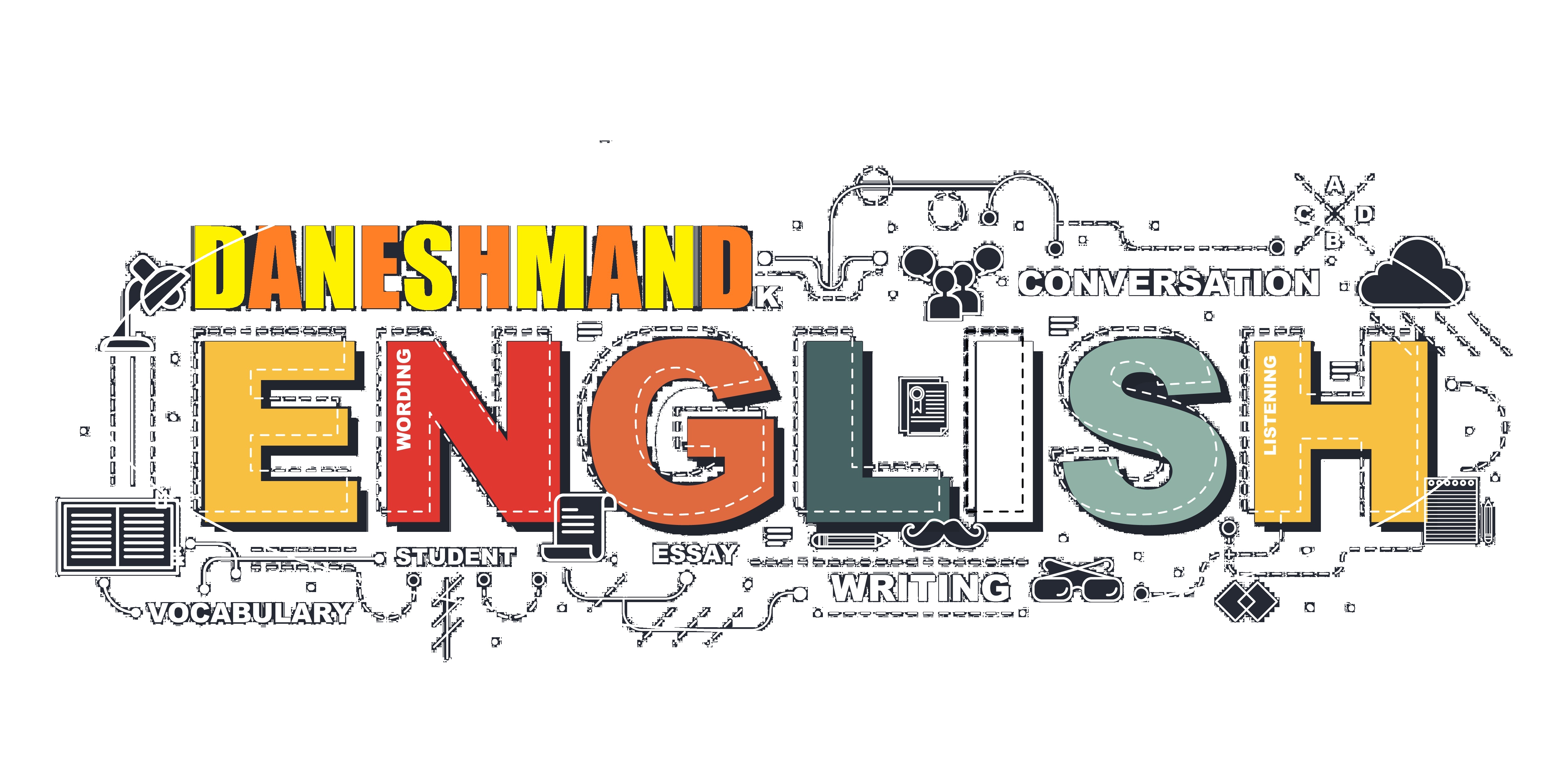Modal Verbs in English

written by: Dr. Toufan Daneshmand
Modals_verbs by: Dr. Toufan Daneshmand.pdf
Modal Verbs in English Grammar
Modal verbs are special verbs that show possibility, ability, permission, or necessity. They are used before the main verb in a sentence and do not change form. Common modal verbs include:
can
could
may
might
must
shall
should
will
would
Can / Could
Can = ability or permission in the present
Example: She can swim.
Can I use your phone?
Could = past ability or polite permission
Example: He could run fast when he was young.
Could I ask a question?
May / Might
May = possibility or permission
Example: It may rain today.
May I come in?
Might = weaker possibility
Example: She might be at home.
Must
Must = strong necessity or obligation
Example: You must wear a seatbelt.
It can also show strong certainty: He must be tired after work.
Shall / Should
Shall = suggestion or future action (formal, mostly with “I” or “we”)
Example: Shall we go now?
Should = advice or expectation
Example: You should drink more water.
The train should arrive at 7.
Will / Would
Will = future
Example: I will call you tomorrow.
Would = polite request, hypothetical situations, or past habits
Example: Would you like some tea?
He would always visit his grandma on Sundays.
Important Notes:
Modal verbs are always followed by the base form of the main verb.
✅ She can dance.
❌ She can dances.
They do not add -s, -ed, or -ing.
✅ He should go.
❌ He should goes.



